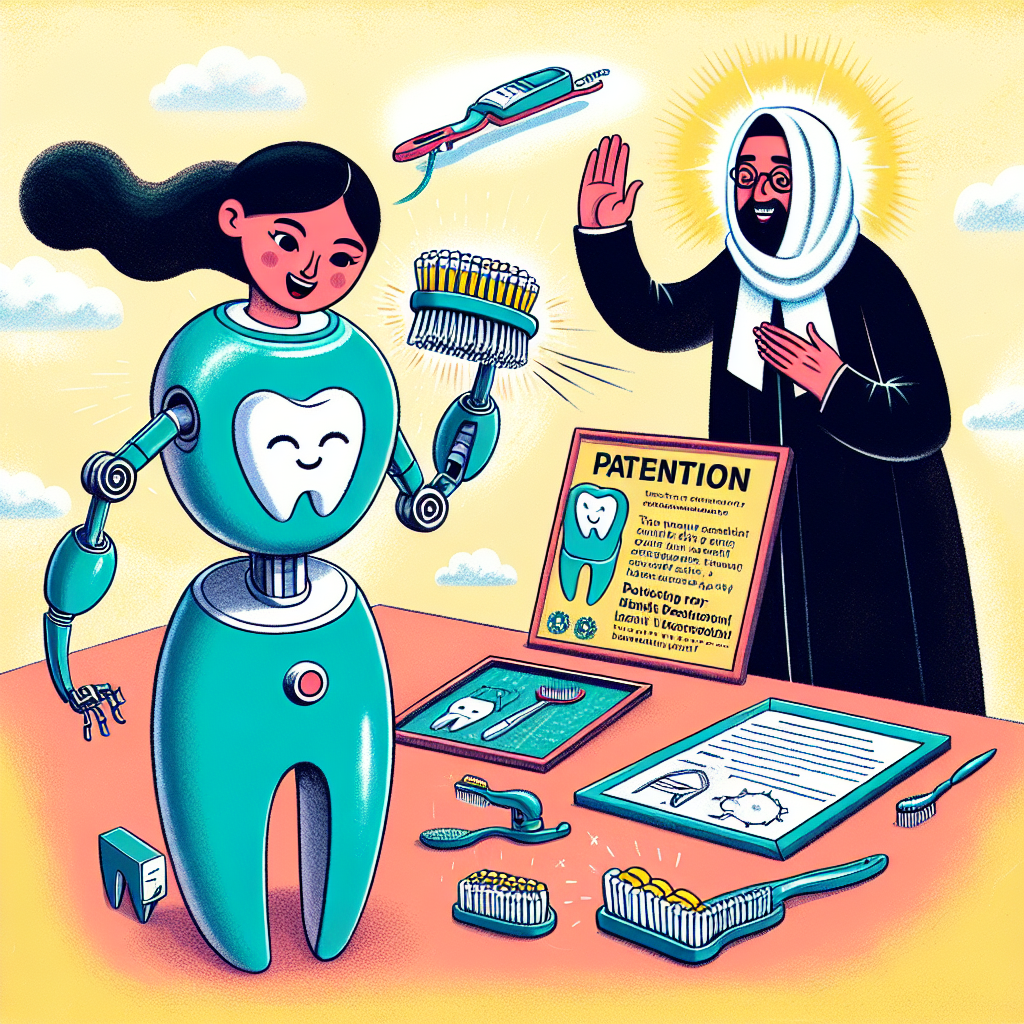The US Patent and Trademark Office Puts the Brakes on Employees Using Generative AI – No More Robot Colleagues!

“The US Patent and Trademark Office Banned Staff From Using Generative AI”
“The US Patent and Trademark Office has made it clear: Artificial intelligence cannot be a legal inventor. In rulings issued last month, the agency said only ‘natural persons’ can be inventors.” Charming update, isn’t it?
Well, in a world where artificial intelligence is basically taking care of everything short of brushing our teeth in the morning (though, let’s be real, we’re probably not even a full decade off from that), the USPTO has put its foot down. It has definitively stated that any work conjured by AI isn’t worth a second glance — because, apparently, only those with a natural pulse count around here.
You’d think in an age where self-driving cars are becoming mainstream and where AI is already playing a significant role in data analysis, creative arts, and various sectors that push the envelope of innovation, the understanding of what constitutes an ‘inventor’ might have evolved. Guess it’s still a one-man race…or woman…or rather any human guild member with the ability to breathe oxygen and possess a knack for brilliance.
The article proceeds to reveal that the USPTO feels complications will arise when dealing with non-human entities: “For example, machines do not have legal rights that humans enjoy.” It’s interesting, isn’t it? We often find comfort in the familiar, clinging tightly to norms even when the lines of normality have long been blurred by advancements in technology.
This brings up a serious question: Should AI, even with its lack of a biological heart, be permitted legal rights? After all, we did create them to mirror our intelligence, just without emotions or a thirst for a caramel macchiato on Monday mornings. But to be fair, the algorithms thrive on lines of codes, not on heartbeats.
Alright, that besides the point. The USPTO’s decision might just be prompted by a reluctance to delve into the complex world of tech law. After all, legal inventors have insulation from liability and must provide active consent, and it’s a bit tricky to achieve that when dealing with super-smart algorithms.
In conclusion, while it is understandable that the agency is attempting to prevent potential legal issues, it also reveals their reluctance to adapt to the reality of an increasingly AI-infused world. What if the biggest breakthrough of the century is sitting in an AI’s brain? Now, that would be an invention worth ‘patenting’, wouldn’t it?
